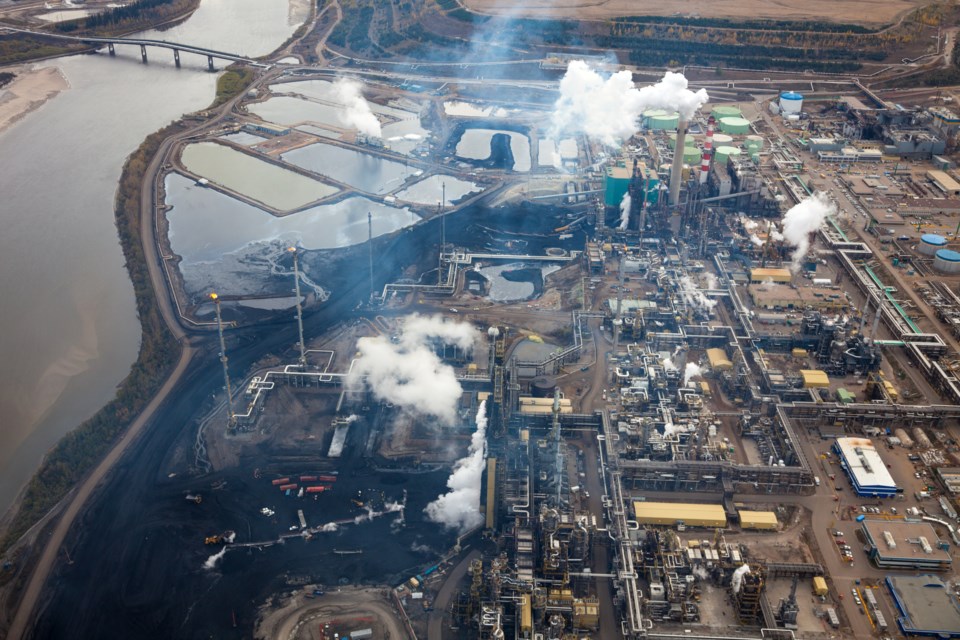Global leaders met in Glasgow this week for the 26th Conference of the Parties to the U.N. Framework Convention on Climate Change, or COP26.
“This is the make-or-break COP,” explained Association of Whistler Area Residents for the Environment (AWARE) executive director Claire Ruddy.
Among many promises made during the conference, Prime Minister Justin Trudeau pledged to cut Canada’s oil and gas emissions by 40 to 45 per cent compared to 2005 levels by 2030. He also promised net-zero emissions within Canada’s electricity grid by 2035, and on Tuesday, signed the Global Methane Pledge alongside more than 100 other countries. The agreement strives to lower methane emissions by at least 30 per cent below 2020 levels by 2030.
Canada also joined more than 100 countries—representing more than 85 per cent of the world’s forests—in agreeing to halt and reverse deforestation by 2030, in an effort to restore the world’s carbon sinks.
Trudeau’s announcements follow the province of B.C.’s recent release of its CleanBC roadmap to meet 2030 targets. One day after the global deforestation agreement was signed, B.C. also announced its own commitment to place a moratorium on logging for 2.6 million hectares of old-growth forest that currently remains unprotected.
Precisely how these COP26 pledges will affect Whistler remains to be determined. But while the conference serves as a reminder about the importance of coordinated global climate action—particularly when major emitters like China, Russia and India still aren’t making the commitments necessary to hit widely-agreed-upon targets like net-zero emissions by 2050—the discussions sparked by the conference have also renewed Whistler’s fervour to set an example for the millions of visitors it’s (hopefully) gearing up to welcome post-pandemic.
“Whistler becoming sustainable or hitting [Intergovernmental Panel on Climate Change (IPCC)] targets, in itself, is almost meaningless,” said Whistler Councillor Arthur De Jong. “It’s like taking a teaspoon to the Titanic.”
Where Whistler can make a difference, he explained, is in setting a “benchmark” for global tourism.
“If we can demonstrate to other resort communities and global tourism that achieving net zero is possible, and ideally even earlier than the IPCC targets in 2030 and 2050, then we’re punching well above our weight, we are raising the bar, demonstrating that it is possible,” he said. “Global tourism represents about 10 per cent of the global economy, so I believe that that is huge, that we have to set an example and inspire others.”
Agreed Ruddy: “We have the opportunity to be an amplifier for climate solutions. When people come here, if we have climate solutions embedded deeply throughout the community and people can see them and how they work, and feel how they make the community different, then I think that’s something that people take away with them and they’ll figure out how to do it in their own community.”
The question remains, though: how can Whistler position itself as an exemplary climate beacon after missing its 2020 target of achieving a 33-per-cent reduction in greenhouse gas (GHG) emissions from 2007 levels? In 2019, Whistler’s GHG emissions increased by four per cent compared to 2018 and were just one per cent below 2007.
Though De Jong named Whistler’s dependence on natural gas in commercial and residential buildings as its “Achilles heel”—“we need to be more forceful in weaning off the use of natural gas here,” he said—the councillor pointed towards transit as a major opportunity for improvement. Municipal action could range from promoting the use of electric vehicles (EVs) to electrifying municipal fleets, to passing bylaws requiring Whistler’s taxi operators to be fully electric, and, eventually, offering free transit, he said.
“I think [with] transportation we can change a lot in a decade—when you look at the adoption of EVs for instance,” he said.
Though “every sector, and every element of our society needs to join in and commit” to the fight against climate change, “transit and homes are our main emitters, and so if we don’t find the 10-year and 30-year pathways in those two areas, we fail,” De Jong added.
To that end, Whistlerites looking to take individual action are invited to participate in the municipality’s ‘Small Steps for Big Moves’ campaign. The initiative created by the Resort Municipality of Whistler in partnership with AWARE outlines 12 months of climate actions individuals can undertake to help support the six “big moves” outlined in Whistler’s climate plan.
The recommended action for November? Taking the bus.




